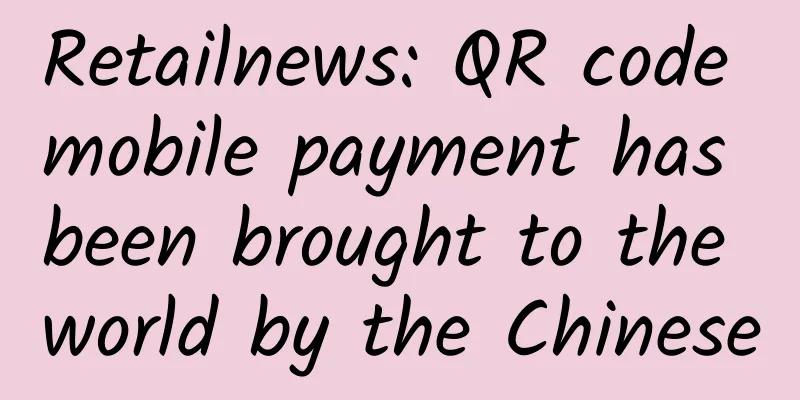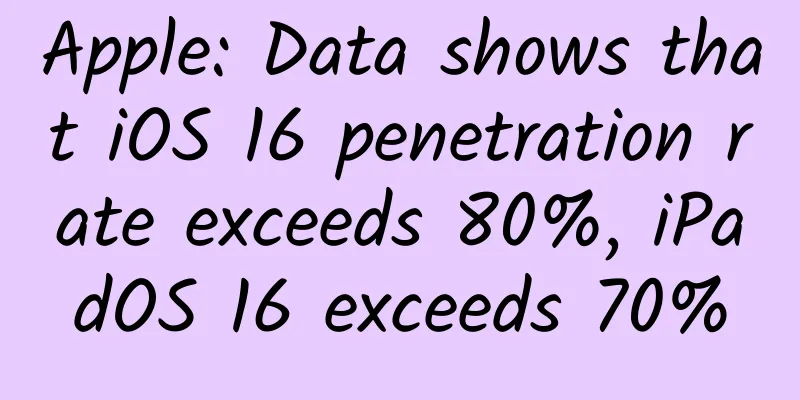Retailnews: QR code mobile payment has been brought to the world by the Chinese

|
In the past few years, QR mobile payment services have become increasingly popular on the South Korean island of Jeju, with about 1,000 stores now accepting QR mobile payment methods, mainly targeting Chinese consumers. According to CU convenience stores, 87.2% of Chinese tourists used mobile payments when shopping in the first half of 2018, while only 12.8% used credit cards. In 2016, 65% of Chinese tourists used credit cards. Starting in September, Hanyang University will support tuition payments via WeChat, a program developed in partnership with Shinhan Bank. About 900 convenience stores and restaurants at Korean train stations have begun accepting WeChat payments. Chinese QR code mobile payment systems are not only used in Asian countries, such as South Korea, Vietnam, and Thailand. They are also used by Chinese tourists all over the world, such as the United States and Europe. These payment systems have even spread to Amsterdam Schiphol Airport in the Netherlands. About 78% of Chinese use these payment systems, with only 21% using credit cards or cash. When visiting a small restaurant in China late last year, President Moon Jae-yeon was surprised by the convenience of QR code mobile payments. One reason the system has taken off in China is that it doesn't require a credit card terminal, making it cheaper and more convenient. WeChat Pay joined the QR code mobile payment market later than Alipay, but it currently accounts for 40% of China's mobile payment market, while Alipay accounts for 54%. QR code mobile payments also have loopholes. For example, the Vietnamese government found in June that some money spent by tourists in the country did not pass through local financial institutions. In 2016, the Thai government found that several travel agencies were evading taxes through mobile payment systems. South Korea reported that in 2016, a plastic surgeon in Nonhyeon-dong, Gangnam, who only accepted cash or credit cards from Chinese patients, was found to have evaded more than 10 billion won (8.9 million U.S. dollars) in taxes. 199IT.com Originally compiled from: Retailnews. Please do not reprint without authorization |
<<: China UnionPay: 2018 Mobile Payment Security Survey and Analysis Report
Recommend
Psychological confusion that is not properly handled during adolescence may develop into psychological problems
Author: Tang Qin, Researcher of Chinese Medical A...
Girls' vulva itches and becomes dry when scratched
Important reminder: Vulvar itching is a main mani...
Symptoms of vitamin B deficiency in women
Female friends have relatively weaker physical fi...
Vulvar itching and leucorrhea are normal. What's going on?
If a woman has abnormal leucorrhea, she must seek...
Will I feel uncomfortable in my stomach during pregnancy?
For women who are preparing for pregnancy, it is ...
What drinks are good for pregnant women
Pregnant women have babies in their bodies, so th...
[Health and wellness] Be careful, skipping rope improperly can also lead to fractures! Skipping rope to lose weight should pay attention to scientific methods
Source: China Journal of Traditional Chinese Medi...
"Nezha 2" box office has exceeded 10 billion, but these three types of people advise you not to watch it
The movie "Nezha 2" was released with g...
What are the six types of breast cancer?
Breast cancer is mainly divided into four types: ...
How much do you know about breastfeeding?
This is the 4208th article of Da Yi Xiao Hu Breas...
What are some famous quotes in the Analects? What do the last three sentences of the Analects mean?
The Analects covers politics, education, literatu...
There are 8 main manifestations of manic episodes. Do you know?
Author: Sun Yi, Chief Physician, Beijing Huilongg...
Do female topical sprays really work?
The female topical sprays on the market today are...
Traditional Chinese medicine treatment and conditioning of functional constipation in the elderly
What is constipation and what are the causes of c...
What are the clinical manifestations of breast nodules?
Now more and more women have some breast diseases...









